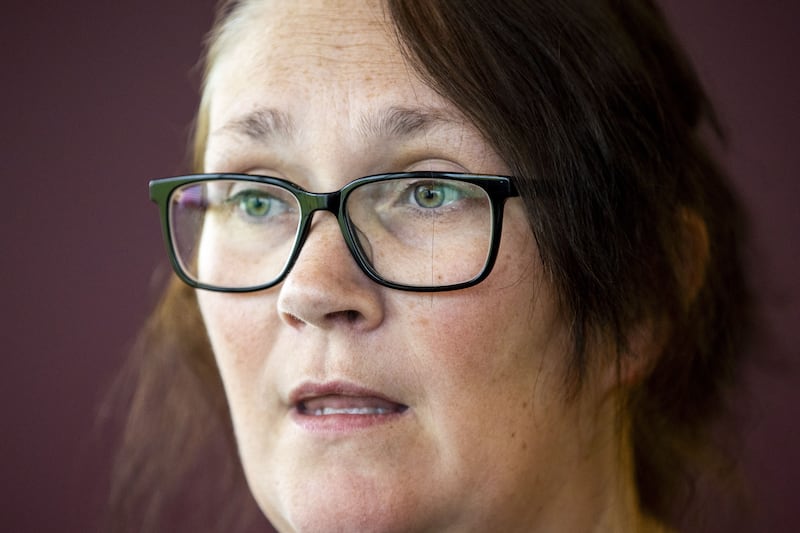NORTHERN Ireland's quango watchdog has again raised concerns about the legal standing of public appointments made by civil servants in the absence of ministers.
Commissioner for Public Appointments Judena Leslie has urged the Stormont's departments to review their legal advice on appointments to public bodies to ensure they are lawful.
A number of department permanent secretaries have authorised the appointment of quango members, despite it being a legal grey area due to the absence of ministers for the past 18 months.
Last week, Secretary of State Karen Bradley signalled her plan to bring in fresh legislation that would enable her to make what the Northern Ireland Office termed "certain key" appointments, including those to the Policing Board and the Northern Ireland Judicial Appointments Commission.
Ms Leslie voices her concern about the legal standing of recent appointments in a report into a complaint over the Department of Health (DoH) permanent secretary Richard Pengelly's selection of Northern Ireland Fire & Rescue Service (NIFRS) board members.
The Irish News reported yesterday how a Belfast solicitor has launched a fair employment case against Mr Pengelly following “substantive breaches” of recruitment guidelines.
Retired solicitor John O’Neill lodged a complaint with the Ms Leslie's office earlier this year after failing to be selected for one of four vacant positions on the board of the NIFRS.
In his case, the commissioner found that DoH permanent secretary selected board members for reasons that were “different and unrelated” to the original criteria.
Ms Leslie has identified similar "substantive breaches" of recruitment guidelines in a second case involving an anonymous female candidate who was also turned down for a place on the NIFRS board, despite coming at the top of her score range during the interview process.
In common with Mr O'Neill's case, Mr Pengelly introduced recruitment criteria that were "different and unrelated" to the original brief for the role.
The watchdog's report concludes that recruitment guidelines were "breached in material ways" during the appointment process.
In regards to the disputed lawfulness of recent appointments, Ms Leslie notes that "legal uncertainty is not helpful for our public appointments system".
"As a matter of general advice I recommend that departments review their legal advice in relation to the making of
public appointments by permanent secretaries, to ensure the advice is compatible with the law as it stands," she says.
The Department of Health declined to comment.








